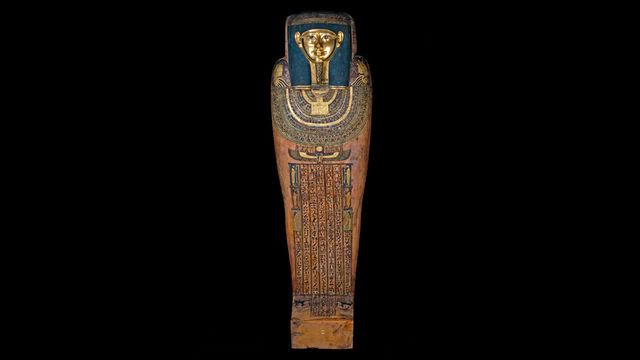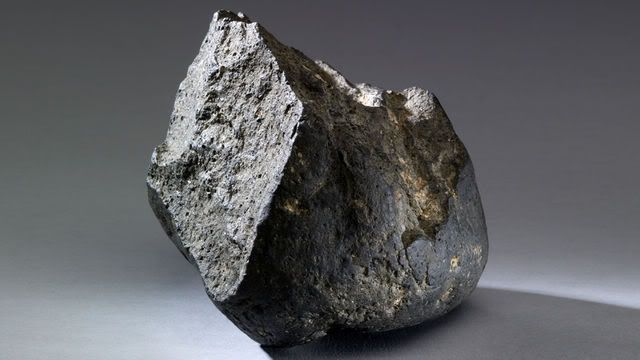
Password: bbc4free.blogspot.com
"Slowly rotating, at the edge of deep space, one thousand kilometers beyond the atmosphere of 21st century Earth, is the Arthur C. Clark astronomical observatory Star Lab. Here, Star Lab research director Mora Cassiday, along with scientists and technicians of the International Space Authority, watch over the countless suns, planets and star systems that fill the universe."
Alien Worlds was produced and broadcast in 1979 and deals with the interplanetary peacekeepers on Star Lab. It was created by Lee Hansen, who also produced and directed all 26 broadcast episodes in two seasons. The series was syndicated and both seasons were often broadcast back-to-back.
The science fiction show was first syndicated by Watermark Inc. after Lee Hansen was hired as their creative director. After advancing the concept of an action-adventure dramatic radio series, Lee began developing the concept in the fall of 1978. Watermark premiered the first episode, "The Sun Stealers", on January 7, 1979.
The series gained popularity thanks to its relatable characters, full symphonic soundtrack, realistic sound effects, high production values and documentary style format. Eventually over 500 top-rated US FM radio stations, along with stations in New Zealand and Australia aired the series. Between 1979 and 1980, 26 half-hour programs were broadcast at various times on weekends, where they gained favorable worldwide press acclaim. Alien Worlds was soon heard on a weekly basis by millions of fans and was eventually carried by over 1500 top-rated FM radio stations worldwide. The series' sponsor was Peter Paul, Cadbury which advertised Cadbury Caramello chocolates touting their caramel centers.The ISA, or International Space Authority, is a governing body of space development and exploration. Organized by all earth nations, it advances humans into deep space. Their base is officially named "The Arthur C. Clarke Astronomical Observatory" or "Starlab." Commissioner White commands the base, and under his command aboard Starlab are Research Director Dr. Maura Cassidy along with Starlab's Director of Operations, Jerry Lyden, and two ISA Pilots affectionately know as "rocket jockies" Captains Jon Graydon and Buddy Griff.
Cast
* Roger Dressler as Narrator & Commissioner White
* Linda Gary as Maura Cassidy
* Bruce Phillip Miller as SET Captain Jon Graydon
* Cory Burton as Starlab Controller Jerry Lyden
* Chuck Olsen as SET Captain Buddy Griff
















